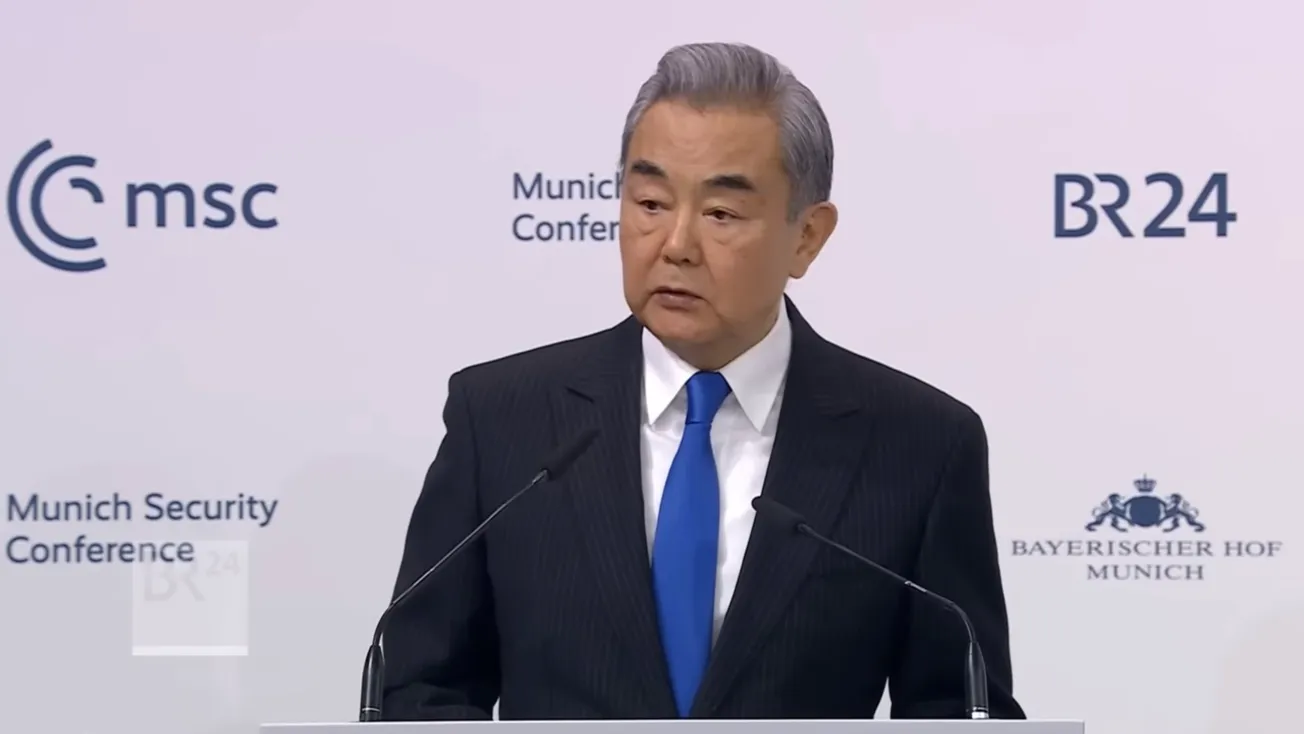Russian Foreign Ministry spokeswoman Maria Zakharova warned in a statement issued April 28 that the nuclearization of the U.S.-South Korea military alliance cannot lead to stability. “We saw the reports about the agreement between the U.S. and the Republic of Korea on joint planning with respect to the use of nuclear weapons. This turn of events is clearly destabilizing in nature and will have serious negative consequences for regional security projecting onto global stability,” she was quoted as saying by TASS. Her statement so far has been posted to the Russian-language page of the Foreign Ministry. (https://mid.ru/ru/foreign_policy/news/1866051/)
The U.S. and its allies in the Asia-Pacific region have demonstratively indicated a move in the region toward replicating “the patterns, destructive for international security, of the so-called ‘extended nuclear deterrence,’ which Washington has been using for decades following the end of the Cold War and continues to develop within NATO with the full support of other members of the North Atlantic Treaty Organization, a self-proclaimed ‘nuclear alliance,’” she said.
“We are confident that the further spread of such practices by the collective West will do nothing but escalate tensions, whip up crises in the security sphere and provoke an arms race,” she added. “We are urging the U.S. and its allies who, in pursuit of definitive military superiority, are implementing a number of military programs that undermine global strategic stability, to stop exacerbating the situation and quit taking steps that weaken the overall level of security for all countries,” Zakharova remarked.
In Pyongyang, North Korean leader Kim Jong-un’s sister, Kim Yo-jong, harshly denounced the U.S.-South Korea agreement in a statement issued today. “The more the enemies are dead set on staging nuclear war exercises, and the more nuclear assets they deploy in the vicinity of the Korean peninsula, the stronger the exercise of our right to self-defense will become in direct proportion to them,” she was quoted saying in a KCNA English-language dispatch, reported Yonhap.



